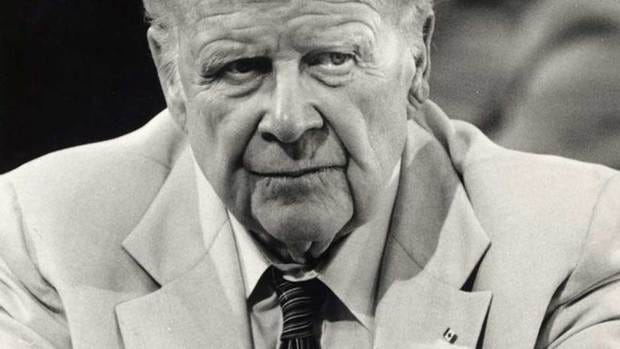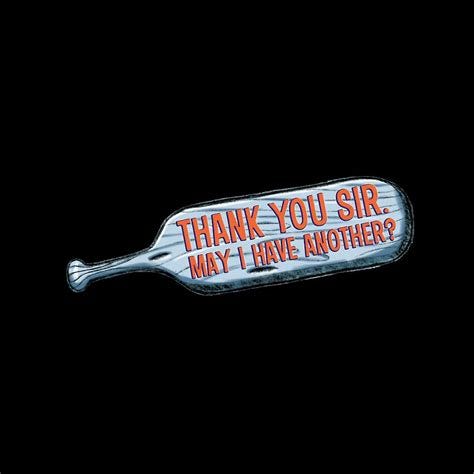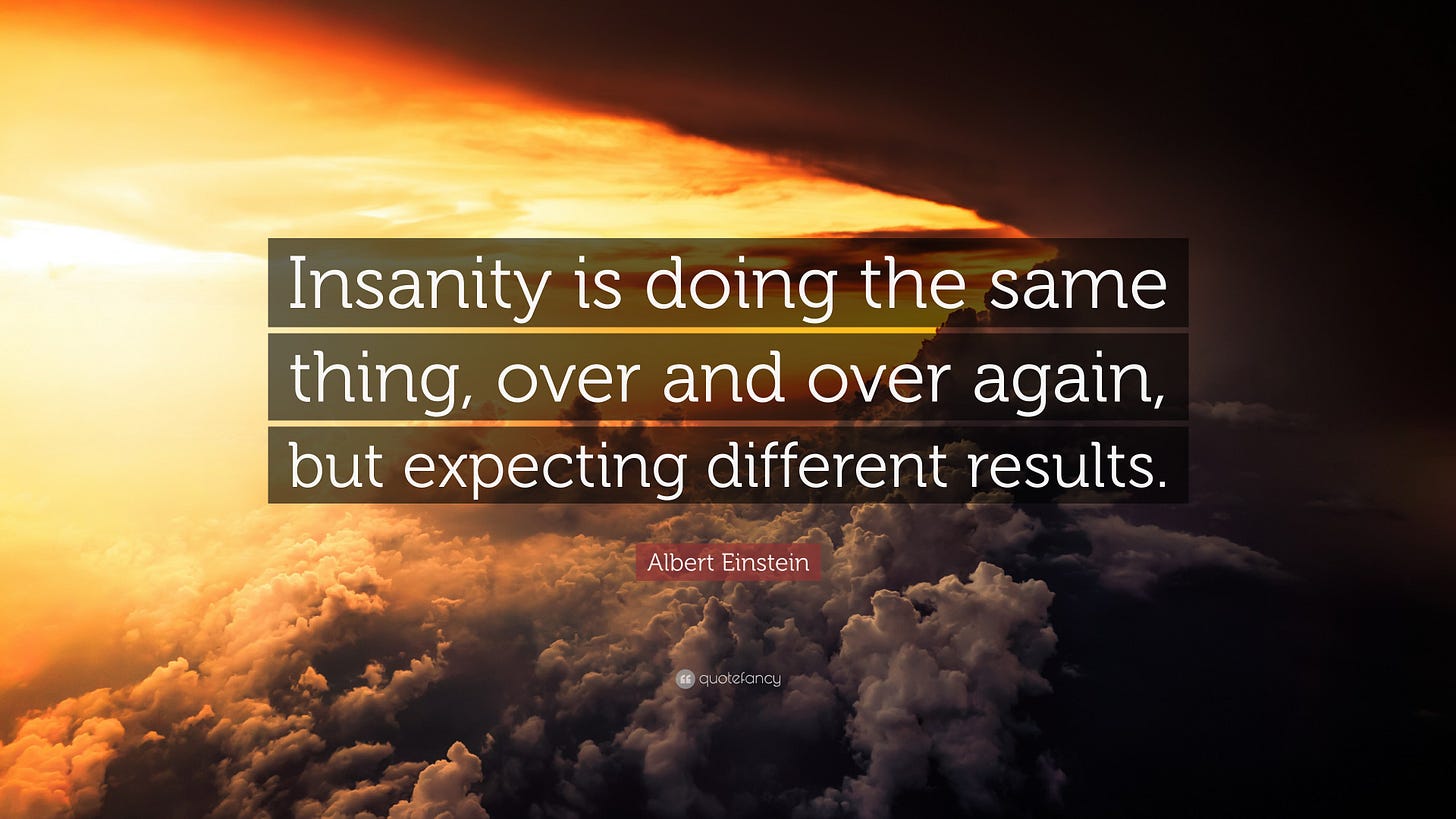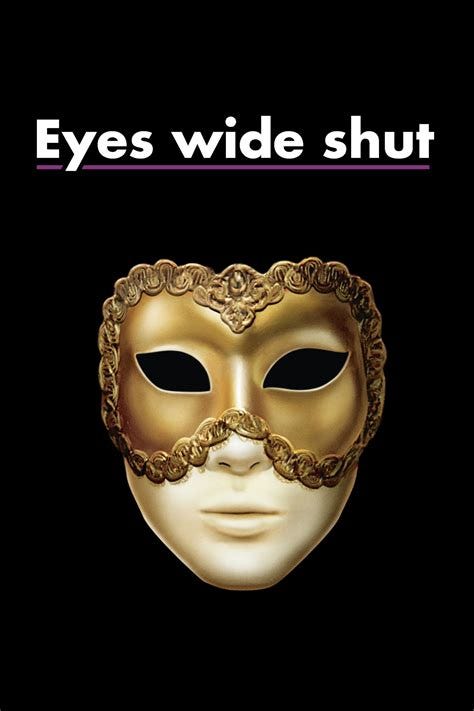When I was five years old, I would watch the NHL (National Hockey League) on our small, black and white TV. This was in 1974, and at that time there were eighteen teams in the league. Three of them were Canadian: Toronto, Montreal, and Vancouver. For my team I choose Toronto, as the Leaf logo appealed to me. My brother, a year younger, chose the Canadiens. He said he liked the colours. We’d heard of both these cities for I had relatives in Toronto and my mom came from Quebec, so we’d heard of Montreal too. Where was Vancouver to a five-year-old? On top of that, my dad would say the Leafs and Canadiens were the two best teams in the NHL. Thus, a rivalry between my brother and me was born. Sadly, he’s winning, and I’m still a Toronto fan - sort of. Why, why, why would I still support that team, that hasn’t won a Stanley Cup since before I was born? Therein lies the question as well as the purpose of this article. I’m not the Toronto fan I used to be: far less so, though a hint of loyalty remains.
You see, as a long suffering Leaf fan, I’ve come to learn something about the concept of ‘team,’ whether it be sports, supporting a character in a TV show or movie, or a political party. To appreciate this learning, I have to take you back to where the learning started for me, which necessitates some history of the Maple Leafs. For all you non-Leaf fans, please keep your gloating to a minimum!
Harold Ballard became a part-owner of the Toronto Maple Leafs in 1961 and later became the majority owner and president in 1972. He remained the owner of the team until his death in 1990. During that time the Leafs never won the Cup. They made the playoffs 11 times out of 18 seasons. Of this, they lost in the first round 4 times, the second round (quarter finals) five times, and the third round (semifinals) twice, never making it to the finals.
Ballard’s controversial management decisions contributed to the team’s poor performance in the latter part of his ownership. What was controversial? It’s quite the list: firing key personnel, alienating star players, involvement in day-to-day operations (doing it for control, not excelling), poor treatment of staff and media, conflict with the NHL, stadium and fan-experience issues, and financial management. It’s the last two that are super important.
Regarding stadium and fan-experience issues, Ballard was infamous for his cost-cutting measures at Maple Leaf Gardens where they played, such as turning off the hot water in the visitors' locker room or refusing to pay for proper maintenance. These actions were seen as petty and unprofessional. As a team fan, I’m more interested in his thought process on why he felt he felt he could treat his fans poorly and not keep the arena up-to-date. Because he certainly felt he could do this - and did!
More importantly, the financial management was the biggest slap in the face to fans. Ballard was notorious for his frugality and reluctance to spend money on the team. This often resulted in the Leafs not pursuing top free agents or investing in player development and facilities, which hurt the team's competitiveness. Also, the lack of investment in scouting and development led to a decline in the quality of players coming through the system, which contributed to the team's poor performance. Ballard's management style and decisions were widely criticized, and many fans and analysts believe they set the team back significantly during his tenure.
But did the fans stay?
Sadly yes, and I was one of them.
Why did Ballard do this? He did it because he could. He did not suffer financially for his decisions or behaviour. The Leaf fan base remained loyal. They kept buying tickets, kept attending the games, kept watching games on TV, and kept buying Leaf merchandise.
By staying true to the team no matter what, fans lost any leverage they might have in forcing Ballard to invest money in free agents, better scouting and farm teams, arena maintenance, and generally behaving better to media and staff.
If you don’t have any leverage, you don’t have any voice. And if you don’t have any voice and keep on doing what you were doing before, but expect a different result … well, there are some words for that line of thought!
So, a sad statement on Leaf fans for a long time, yet hope springs eternal, does it not?
Unfortunately, it isn’t just Leaf fans. And it’s not just in sports. It’s in politics, and this is a much more dangerous and important arena, with far-reaching implications. Politics involves the power of law, and from that, coercion, whether the law is just or not.
What will a politician do if you have no voice? What will a politician do if you give up your leverage? You’ve probably heard the slogan ‘Blue no matter who’ or ‘Red till I’m dead’ or other such sayings. When a politician hears that, he knows he already has your vote. He doesn’t have to listen to you anymore (if he ever did).
But it’s worse than that. On the party level, the party can ignore certain things that its leaders do that might be considered distasteful, of poor judgment, or even illegal. When this happens, a cancer forms inside the party. At first, party members might be unaware. But as awareness grows, eyes turn the other way by those committed to the team no matter what. But as everyone knows, cancer, if untreated, grows. This is the terrible risk of following the team no matter what.
Always following your political team no matter what will eventually lead you down a path you don’t want to follow. No one should say that they’ll unconditionally support a political party. Why give up your leverage, your voice? Why allow your team to mutate into something unrecognizable?
So don’t. Don’t pledge unswerving allegiance to any political party. Instead, support values. Support principles. That way, when the political landscape shifts under your feet, you can easily align with something that is steadfast, even if it means switching to a different team.









Although good to consider, I hope you also apply it to your political ‘team’ as well.
"The left" is powerful b/c of their "inclusivity" and willingness to continually lower the bar for entry into (((the club))).